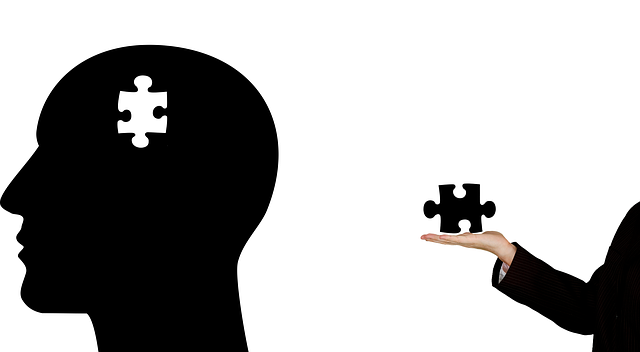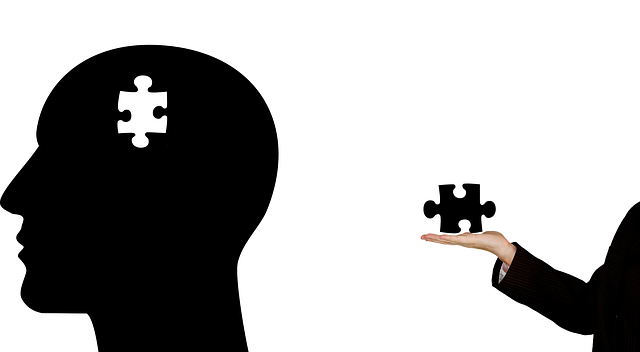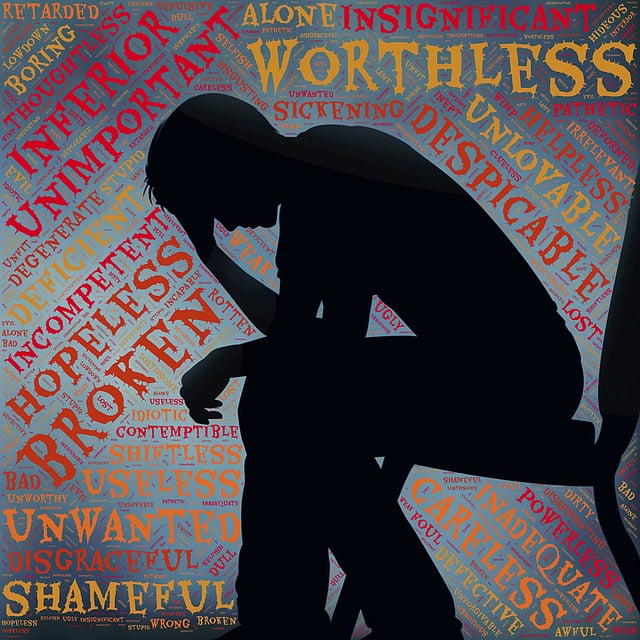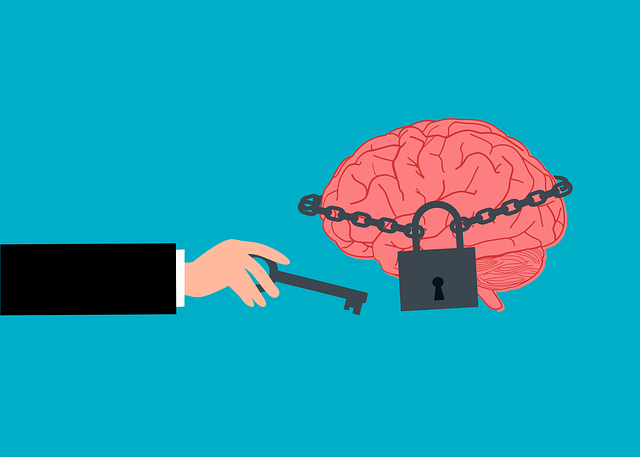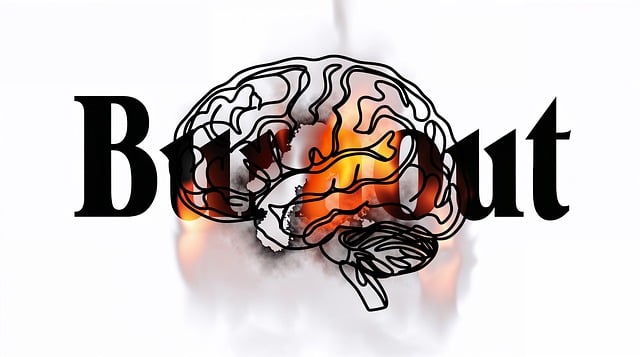Louisville stands out as a leading hub for advanced therapy practices due to its commitment to specialized training and professional development for therapists-clinicians. The city's robust mental health community offers comprehensive education programs, emphasizing emotional regulation strategies, to enhance diagnostic accuracy. Evidence-based assessment techniques, including structured clinical interviews and validated scales, are widely adopted, ensuring objective and reliable patient evaluations. Digital tools integrate remote assessment and crisis intervention guidance, while continuous learning through workshops, seminars, and peer support networks promote interdisciplinary collaboration and knowledge sharing. Louisville Therapy for Therapists-Clinicians thus fosters a culture of understanding, empathy, and personalized care in mental health diagnosis and treatment.
Mental illness diagnosis accuracy is a critical aspect of patient care, with significant implications for treatment outcomes. This article delves into the challenges faced by therapists and clinicians in diagnosing mental health conditions accurately. We explore innovative approaches, including the role of Louisville Therapy in refining diagnostic practices, evidence-based assessment techniques, technology integration, and the power of continuous education and collaboration. By implementing these strategies, therapists and clinicians can enhance diagnosis accuracy, ultimately providing more effective care.
- Understanding the Challenges of Mental Illness Diagnosis
- The Role of Louisville Therapy in Enhancing Diagnostic Practices
- Evidence-Based Assessment Techniques for Clinicians
- Integrating Technology to Improve Diagnosis Accuracy
- Continuous Education and Collaboration: A Game Changer
Understanding the Challenges of Mental Illness Diagnosis

Diagnosing mental illnesses accurately can be a complex and multifaceted challenge. The vast array of symptoms, often overlapping across different conditions, creates a intricate diagnostic puzzle. Additionally, societal stigma surrounding mental health issues can lead to underreporting or misperceptions of symptoms, further complicating the process. In Louisville, therapy for therapists-clinicians plays a pivotal role in addressing these challenges. Through specialized training and ongoing professional development, mental health practitioners enhance their skills in diagnosing complex cases with precision.
Louisville’s thriving mental health community offers valuable resources such as comprehensive mental health education programs design tailored to equip professionals with the latest evidence-based practices. Fostering a culture of inner strength development and self-care practices among therapists is also essential, enabling them to provide effective treatment while maintaining their own well-being. This holistic approach ensures that both patients and practitioners benefit from improved diagnostic accuracy, paving the way for more effective and personalized mental health care.
The Role of Louisville Therapy in Enhancing Diagnostic Practices

Louisville Therapy has been at the forefront of enhancing diagnostic practices for mental health professionals. Through its innovative training programs and workshops, Louisville Therapy offers valuable resources for therapists and clinicians. These sessions delve into modern assessment techniques, emphasizing emotional regulation strategies that improve diagnostic accuracy. By addressing the intricate interplay between emotional responses and mental illness symptoms, therapists can make more nuanced and informed diagnoses.
Furthermore, Louisville Therapy fosters an environment conducive to stigma reduction efforts and empathy building. Its programs encourage professionals to challenge preconceived notions about mental illness, promoting a culture of understanding and compassion. These initiatives not only improve diagnostic processes but also contribute to better patient care and outcomes, ensuring that individuals receive the appropriate support for their unique needs.
Evidence-Based Assessment Techniques for Clinicians

In the realm of mental health care, evidence-based assessment techniques have emerged as a powerful tool for Louisville therapy professionals and clinicians. By adopting standardized, research-backed methods, therapists can enhance diagnosis accuracy and improve patient outcomes. These techniques prioritize empirical data and clinical expertise, ensuring that evaluations are objective and reliable. For instance, structured clinical interviews and validated scales allow healthcare providers to assess symptoms, severity, and potential underlying causes more effectively.
Integrating evidence-based practices into therapy sessions not only benefits individual patients but also contributes to the broader field of mental wellness. Additionally, regular training in these assessment methods can help prevent burnout among healthcare professionals. The continuous evolution of research in this area provides a dynamic framework for Louisville therapists, enabling them to stay current with best practices and adapt their approaches to meet diverse patient needs. Furthermore, sharing knowledge through professional networks and mental wellness podcast series production fosters an environment where risk assessments are conducted rigorously, ensuring safety and efficacy in mental health care.
Integrating Technology to Improve Diagnosis Accuracy

In the digital age, technology integration has emerged as a powerful tool to enhance mental health diagnosis accuracy. Louisville Therapy for Therapists-Clinicians offers innovative solutions through online platforms and applications designed to support mental health professionals. These tools provide opportunities for remote assessment, allowing clinicians to gather comprehensive patient data efficiently. By leveraging digital resources, therapists can improve diagnostic validity, especially in cases of mild or complex presentations where traditional face-to-face sessions might be limited.
The use of technology also facilitates continuous professional development for Louisville Therapy practitioners. Online resources and crisis intervention guidance are readily available, helping them stay updated on the latest research and best practices. Additionally, digital platforms can contribute to burnout prevention efforts by streamlining assessment processes and providing accessible support networks for therapists-clinicians. These technological advancements not only enhance diagnosis accuracy but also support mental illness stigma reduction efforts and promote better patient outcomes in Louisville Therapy settings.
Continuous Education and Collaboration: A Game Changer

In the pursuit of enhancing mental illness diagnosis accuracy, continuous education and collaboration among Louisville therapy for therapists-clinicians emerge as a powerful tool. By fostering a culture of knowledge sharing and interdisciplinary teamwork, professionals can stay abreast of the latest research and best practices in mental health treatment. This collective effort ensures that practitioners are equipped with the most effective Mind Over Matter principles to offer patients struggling with anxiety relief and crisis intervention guidance.
Such collaborative initiatives facilitate the integration of diverse therapeutic approaches, leading to more comprehensive assessments and tailored care plans. Louisville therapy professionals, through regular workshops, seminars, and peer support networks, can collectively navigate the complexities of mental health diagnosis, ultimately improving patient outcomes and fostering a more supportive healthcare ecosystem for individuals in need.
Mental illness diagnosis accuracy has long been a complex challenge, but with concerted efforts and innovative approaches, significant improvements are achievable. Louisville Therapy for therapists and clinicians has proven to be a valuable asset in enhancing diagnostic practices, while evidence-based assessment techniques and integrated technology further refine the process. Continuous education and collaboration among professionals remain essential game-changers in ensuring accurate diagnoses and effective treatment plans. By embracing these advancements, we can navigate the complexities of mental health more effectively, ultimately improving patient outcomes and fostering a healthier society.

